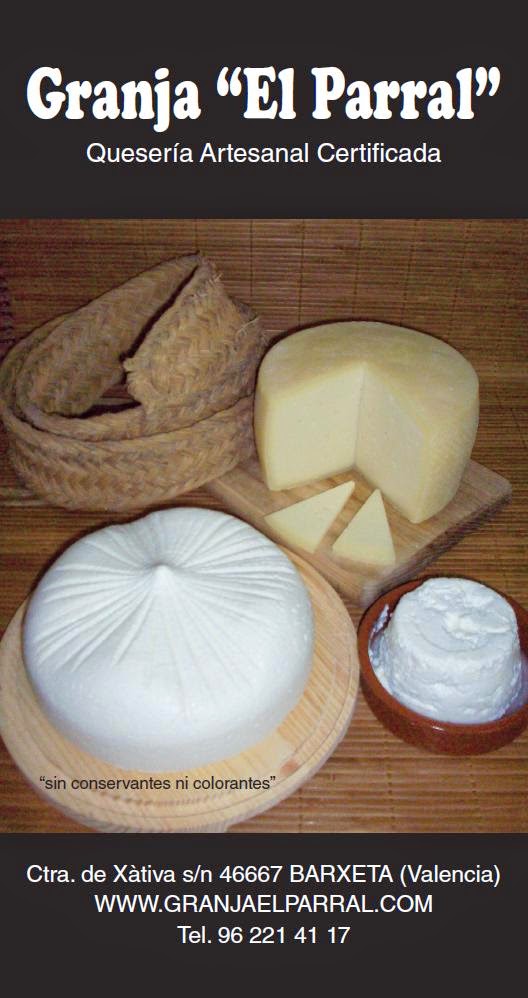Anecoop promotes the green papaya
One product, two consumption possibilities. In addition to the already well-known sweet papaya with orange pulp, there is now the green papaya, whose consumption is similar to that of a vegetable and which stands out for its high nutritional properties. It has a high potassium and papain content, as well as fibre and vitamin C, which contributes to the normal functioning of the immune system, which is essential in winter and even more so with the COVID-19 crisis.
One of its competitive advantages compared to imported papaya is that it is a local product due to its proximity to European markets, which reduces transport times and minimises its impact on the carbon footprint.

Mainly grown in areas with a subtropical Mediterranean climate such as Almeria and Murcia, it is a product whose consumption is similar to that of a vegetable. It is grown all year round in Spain, although its peak production is concentrated between January and February. It differs from the ripe papaya both in its external colour, which is totally green and has no yellow tones, and in its interior, as its pulp is white.
In Europe it is still a novelty compared to Asian countries, South and Central America where it is more widely consumed. In fact, Anecoop is one of the pioneering companies in growing this product in Spain to sell it on the European continent, as well as being the sales company with the largest consolidated volume, with harvest forecasts for this season of 500 tonnes and growing.
According to the nutritional evaluation report carried out by the Complutense University of Madrid, green papaya has a low energy value and is an important source of fibre and vitamin C, as the consumption of 100g of this fruit covers more than 45% of the Recommended Daily Intake for this vitamin. It should be remembered that, among other properties, vitamin C stands out as an important ally of the immune system, contributing to its good functioning, which is essential in times of low temperatures and even more so with the COVID-19 crisis.
A special feature of this fruit is that it contains an enzyme called papain, which facilitates the digestion of food proteins. In short, it is a highly nutritious product that can be eaten cooked, fried or as an ingredient in fresh smoothies. It can also be an interesting and attractive ingredient for salads, pasta, rice and desserts.
In 2017, Anecoop, a Valencian based co-operative, set up the A.I.E. Exóticos del Sur with the aim of organising, promoting and consolidating the marketing of local papaya in Europe. Today, the group is made up of around twenty producers from Almeria, and Anecoop also complements its offer thanks to its alliances with producers from Murcia and the Canary Islands. With 30 hectares of crops, Anecoop is currently the leading papaya operator in Spain. It has specific papaya handling centres in the different production areas and also has exclusive lines for the catering trade.
Together with its partner companies and cooperatives, Anecoop promotes and participates in projects which help to guarantee the farmers and professionals who make up these organisations a stable future for themselves and their families in their own environment, trying to avoid the abandonment of rural areas, mainly through the search for new crops.
An example of this philosophy is the European CARISMED project, led by Anecoop, whose objectives are to produce papaya in sufficient quantities for export to Europe, defining varieties, production systems, cultivation techniques and post-harvest handling that are more profitable for the southeast of the peninsula and the Canary Islands.
Since its foundation in 1975, Anecoop has become one of the largest international distribution companies for citrus fruits, vegetables, non-citrus fruits and wines. It is Spain’s leading fruit and vegetable exporter with more than 840,000 tonnes sold each year. It currently integrates, coordinates and markets the production of 72 cooperatives and fruit and vegetable and wine companies and represents more than 25,000 Spanish farmers.
ts sales network is located in strategic points of the international fresh fruit and vegetable market: Spain, France, United Kingdom, Holland, Czech Republic, Slovakia, Poland, Russia, China and the United States, the latter oriented towards the commercialisation of wine.






Recent Comments